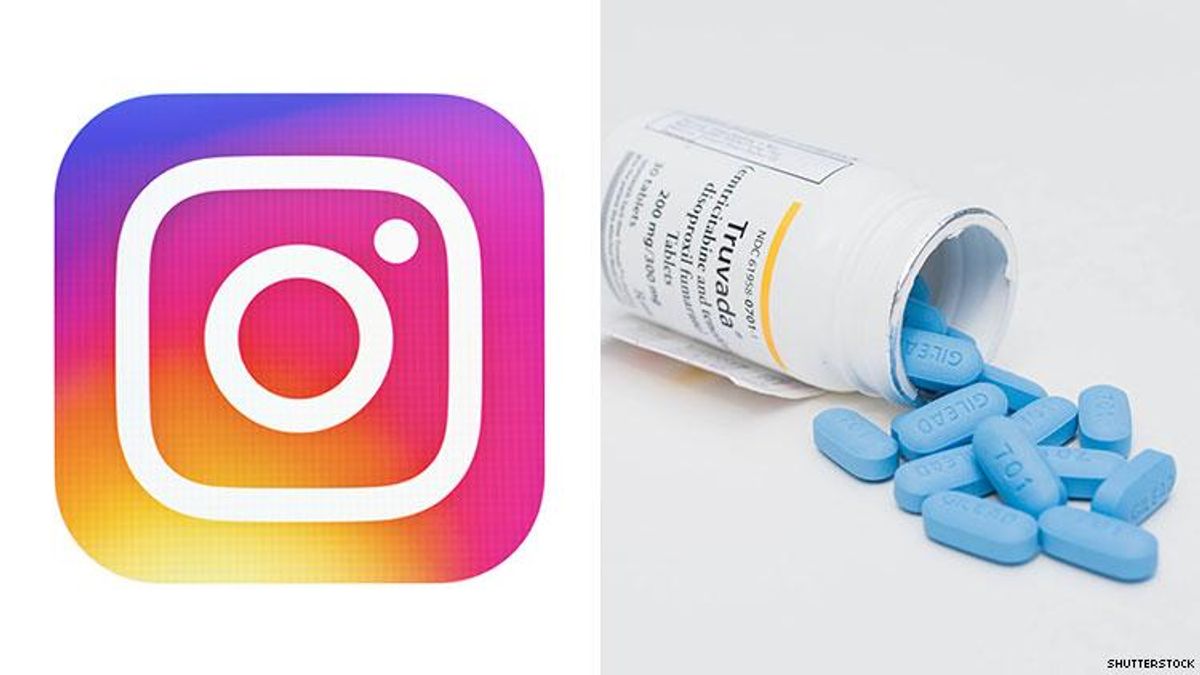After recently defending his decision to allow dishonest political ads on Facebook, Mark Zuckerberg may find it’s not necessarily a good look to then deny PrEP ads geared toward communities of color for being “too political” on Instagram (a Facebook subsidiary), as reported in Vice.
“I just think that in a democracy people should be able to see for themselves what politicians are saying,” said Zuckerberg before the House Financial Services Committee, after being pressed by Rep. Alexandria Ocasio-Cortez. “I think that people should make up their own minds about which candidates are credible and which candidates have the kind of character that they want to see in their elected officials.”
Ironically, in spite of his defense of paying political customers (even those with provable falsehoods in their ads) on Facebook, Zuckerberg’s company recently halted a PrEP awareness ad on Instagram, on the grounds that it was too political. Apicha Community Health Center — a New York City health clinic that caters to local underserved communities, including Asians and Pacific Islanders, LGBTQ people, and those living with HIV — was disappointed to learn its PrEP ad had been denied. Instagram’s reason for rejecting the ad was that they were not “authorized to run ads about social issues, elections, or politics.”
The fact that the ad was geared toward men who have sex with men in marginalized communities of color added insult to injury. As the Vice article points out, the annual number of new HIV cases in the United States has remained relatively stable since 2012 — the same year that the FDA approved Truvada for use as PrEP (pre-exposure proplyaxis).
The article also notes that the annual number of new HIV cases in New York City has dropped by almost 31 percent in that same timeframe. With their ad, Apicha was attempting to increase awareness of this highly effective (99 percent) HIV prevention method and are frustrated by Instagram’s decision.
“They said the copy was the problem but were unable to tell us what part of the copy was too political,” Phillip Miner, Apicha’s director of grants and communications, told Vice last week. “It’s incredibly frustrating to encounter these sort of road blocks.”
Miner also said it wasn’t the first time one of Apicha’s PrEP awareness ads had been rejected on social media. Twitter had initially denied a similar ad, citing it violated the company’s “adult content policies,” but ended up allowing the ad after Apicha appealed the decision.
“Upon further review, we’ve determined that the ad is in compliance [with our adult sexual content policy] and have allowed it to run,” a spokesperson for Twitter told Vice in an email.
“It’s very hard to talk about sex without talking about sex,” said Miner, explaining that it’s par for the course that such ads get rejected for being “too sexual” on most social media platforms. But he argues that it may be the most effective way to increase awareness around PrEP and HIV.
“Social media platforms are the easiest way for us to reach [the people we’re trying to reach],” Miner said. “To have social media platforms create these barriers when government entities have given us the resources to reach communities at risk is really hindering the national goal of ending the HIV epidemic.”
And Miner has a very strong point. Recently, a Chicago based campaign called PrEP4Love, which features artful images of young Black gay and bisexual men and trans and cis women of color — ending up reaching over 40 million views on social media. Instagram had better rethink its stance on such ads and campaigns if the company wants to be an ally in, rather than an enemy of, the fight against HIV.
















































































